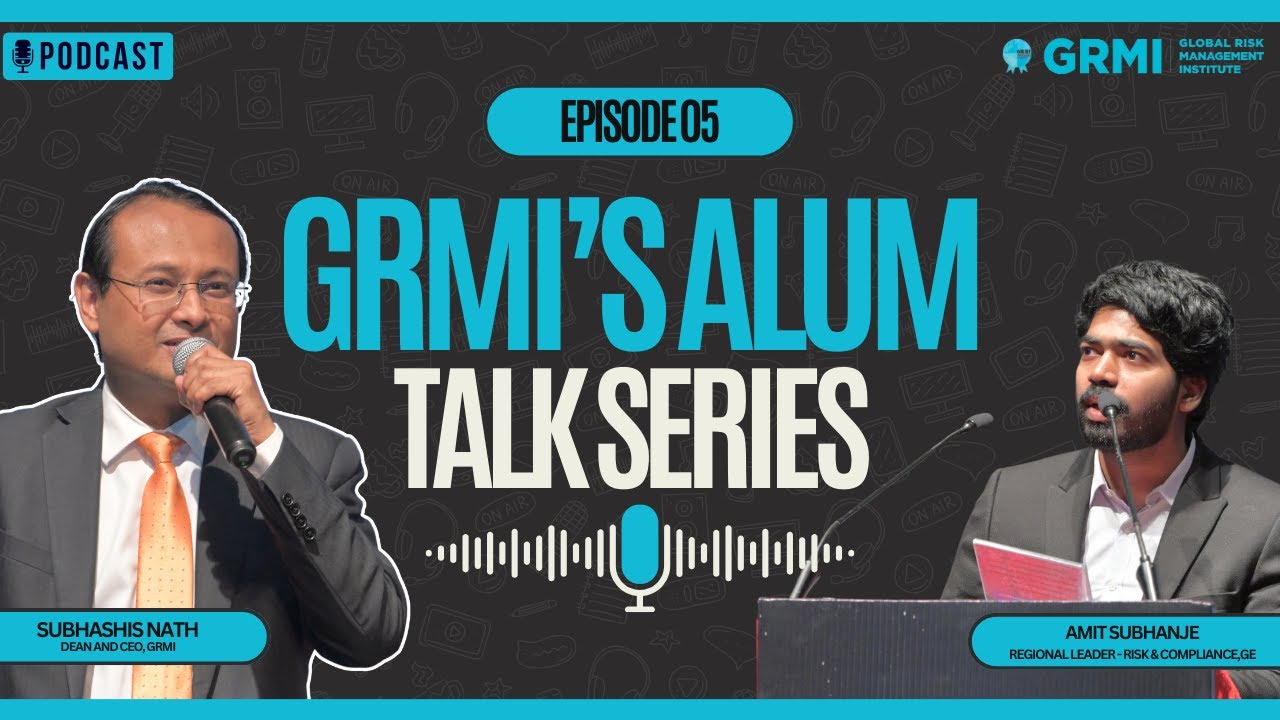
Top Benefits of Doing a PG Degree After Graduation
Top Benefits of Doing a PG Degree After Graduation
Higher education has shifted from being optional to almost essential in today’s competitive global job market. Graduates seeking further education are increasingly drawn to programmes offering advanced, industry-specific, and employable skills.
According to Research and Markets, the global postgraduate education market is expected to grow at a CAGR of around 7% between 2023 and 2028. This growth is driven by rising demand for specialised skills.
While traditional master’s programmes remain popular, many students now prefer PG Diploma courses or a specialised pg degree. These focus on practical skills and prepare students for immediate entry into the workforce.
Choosing the best course after graduation opens doors to advanced jobs, global pathways, and skill development that employers value.
Specialisation and Advanced Knowledge
One major benefit of pursuing a PG degree after graduation is the chance to specialise. Graduate programmes offer focused knowledge and practical experience in specific areas. For instance, PG courses in finance, business, or analytics combine conceptual knowledge with hands-on learning.
This depth makes you a better subject expert. You develop analytical thinking and strategic decision-making skills. These qualities are highly prized in today’s corporate world.
Improved Career Prospects
Graduates with a postgraduate diploma from well-known institutes are 30% more likely to find a job within six months than those with only an undergraduate degree.
A PG degree or diploma acts as a springboard to a rewarding career. Employers often seek candidates with postgraduate qualifications for their technical and managerial skills. PG Diploma courses open specific career paths in fields such as finance, risk management, operations, and marketing.
For example, risk and compliance roles demand formally educated professionals who understand business risks. A PG qualification gives you an edge in competitive local and international markets.
Many organisations prefer postgraduate qualifications when hiring for leadership or strategic positions. Thus, choosing the right course after your undergraduate degree is an investment in long-term career growth.
Developing Skills Through Practical Learning
Unlike bachelor’s degrees, PG programmes emphasise practical skills. PG Diplomas focus on experiential learning via projects, internships, and real-world case studies.
While PG degrees prepare you intellectually, PG Diplomas focus on employability by addressing actual business challenges. This blend ensures graduates are ‘work ready’ on day one.
For example, finance or risk management students learn to use industry tools, evaluate data, and make decisions backed by evidence. PG Diploma courses provide the best balance of knowledge and practical skills for today’s job market.
Networking and Exposure to Industry
One key advantage of a pg degree is the chance to build professional networks. Postgraduate institutions organise seminars, guest lectures, and corporate training with industry leaders. These events keep students updated on market trends and best practices.
PG Diploma programmes often include internships, mentorships, and workshops that connect students to employers. The professional networks you form open doors to job opportunities and career advancement.
Graduates gain a competitive edge by engaging with peers and mentors who share similar ambitions.
Global Risk Management Institute (GRMI): A Leader in Postgraduate Study
The Global Risk Management Institute (GRMI) is a leader in offering specialised PG Diploma courses. Its flagship programme, the Post Graduate Diploma in Risk Management (PGDRM), is a comprehensive, full-time, one-year course based in Toronto, Ontario.
GRMI’s PGDRM combines theory and real-world applications to prepare students for modern business challenges.
Key Features of GRMI’s PGDRM Programme Include:
- Industry-designed global curriculum by experts
- Faculty with academic and practical experience
- Experiential learning through live projects, simulations, and internships
- Strong industry partnerships offering excellent placement opportunities
This course equips students with domain knowledge, leadership skills, and ethical decision-making. GRMI’s PGDRM stands out as a high-value, transformative programme in India.
- Industry-designed global curriculum by experts
For an inspiring look at how GRMI shapes careers, watch the conversation between GRMI Dean Subhashis Nath and Amit Subhanje, a 2019 alum, sharing his post-GRMI journey and valuable career insights.
Higher Potential Earnings
Postgraduate qualifications often lead to higher salaries. Graduates with PG degrees earn more due to their specialised knowledge, analytical skills, and leadership abilities.
Employers pay a premium for staff who can tackle complex business problems. PG Diploma holders from top institutions like GRMI find lucrative roles in finance, consulting, and risk management.
Choosing the right course after graduation can boost your earning potential and speed up promotions.
Flexibility and International Opportunities
PG degrees and diplomas open global career doors. Many programmes include international case studies, student exchanges, or overseas work options.
Institutions like GRMI align their curriculum with global standards, preparing students for cross-border roles. Graduates work in multinational firms, consultancies, and financial institutions worldwide.
PG Diploma courses often have modular structures, allowing flexibility for working professionals to upskill while continuing their careers.
Conclusion: A Pathway Prepared for the Future
PG degrees and specialised diplomas are no longer just academic options. They are essential to stay relevant in a world of rapid change.
These programmes boost your knowledge, confidence, and networks. They prepare you for a fulfilling career despite uncertainty.
For a world-class education combined with practical experience, GRMI’s PGDRM is ideal. It helps develop global leaders in risk management and business strategy.
Whether you are a recent graduate or a professional, the postgraduate course you choose today can unlock tomorrow’s opportunities.
FAQ’s
Q1. After graduation, who is eligible to join PG Diploma courses?
Ans. Graduates in business, economics, engineering, commerce, or related fields are usually eligible to apply.
Q2. Do PG Diploma programmes provide hands-on learning opportunities?
Ans. Yes, they focus on practical projects, internships, and real-world case studies to boost employability.
Q3. After earning a postgraduate diploma, what career opportunities become available?
Ans. Typical roles include risk analyst, compliance officer, and strategic operations manager.
Q4. Why choose the PG Diploma in Risk Management offered by GRMI?
Ans. GRMI offers a global curriculum, expert faculty, industry exposure, and strong placement support.
Q5. Are PG Diploma programmes recognised internationally?
Ans. Many programmes, including GRMI’s, follow international standards, preparing graduates for global careers.
For any queries please fill the form
Tag:pg degree
You may also like

Which careers are truly safe from layoffs in 2026?

What Are the 3 Types of Credit Risk?



